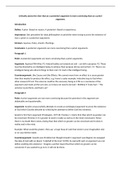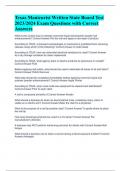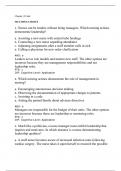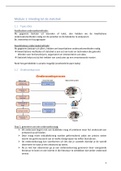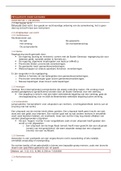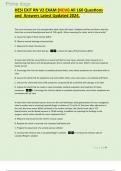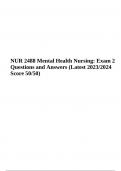Summary
Summary Cosmological ESSAY PLANS (Arguments From Observation)- Philosophy & Ethics A Level
- Module
- Philosophy of Religion
- Institution
- OCR
4 ESSAY PLANS IN THIS BUNDLE These essay plans helped me get an A* overall in OCR Philosophy & Ethics (Full Marks on ethics paper). Essay plans discussing the complexities surrounding Arguments from Observation. The essay plans have a particular focus on AO1, so that students are able to lear...
[Show more]
